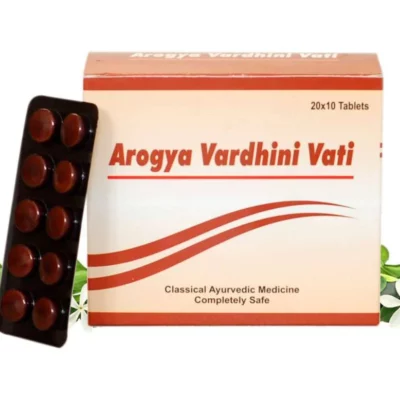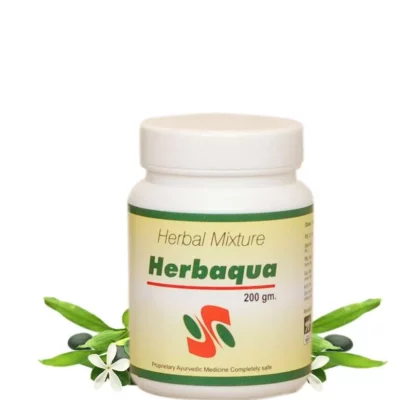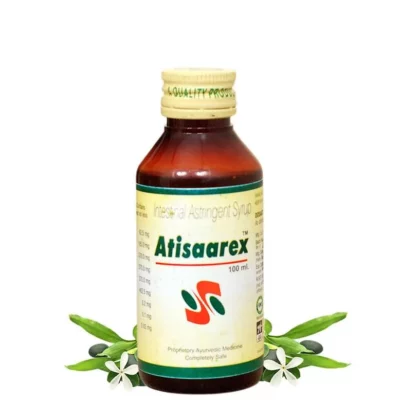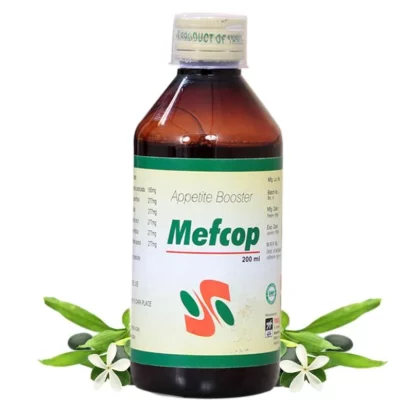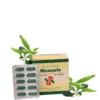Due to changing lifestyle, the intestinal motility disorders such as constipation are rising at an alarming rate. It can occur at any age and it is one of the most common problems worldwide. The timely treatment of constipation is most essential to avoid any complications.
It occurs when the large intestine absorbs too much water from the stool. It may also occur due to inadequate contraction of bowel walls to expel the waste products. The complications of constipation include bowel obstruction, hemorrhoids, rectal prolapse, hernia, spastic colitis etc.
A large number of people use laxatives for constipation but these should not be used for longer duration as these can alter the normal physiological functions of the intestines.
What are the causes of Constipation?
- Intake of low fibre diet
- Lesser intake of fluids
- Hypothyroidism
- Diabetes
- Hemorrhoids
- Chemotherapy
- Taking less fibre diet
- Less water intake
- Lack of physical activity
- Stress or anxiety
- Travelling
- Skipping meals
- Irregular eating habits
What are the symptoms of Constipation?
- Hard and dry stool
- Disturbed bowel movements
- Lethargy
- Abdominal pain
- Abdominal cramps
- Headache
Constipation according to Ayurveda:
Constipation is known as Vibandh in Ayurveda. It is caused due to the prakopa of Apana Vata. This prakopa is caused mainly due to the Vriddhi of Ruksha guna which results in excessive shoshana of drava in the pakwashya and pureesha. The drava shoshana in Pakwashya leads to the decreased peristaltic movement of the large intestine and Drava Shoshana in Pureesha results in an increase of the hardness of the stools. This pathology occurs in the Pureesha Vaha srotas moola i.e., Pakwashaya and Sthoola guda. Along with Apana Vata, Samana Vata Vaigunya is also common in constipation.
What is the Ayurvedic treatment of Constipation?
Ayurvedic treatment is based on natural healing methods that use herbal medicines to cleanse the body of toxins and to attain physical and mental regeneration. The line of Ayurvedic treatment of Constipation is Samyak Anulomana of Apana Vata. Since Vata is the main Prakupita dosha here, so the aim is to balance Vata dosha.
Some Ayurvedic formulations/herbs for the treatment of Constipation are:
1.Triphala: Triphala is an age-old remedy for constipation. Triphala is an ayurvedic herbal formulation of dried fruits from three plants in equal proportions: Haritaki (Terminalia chebula), Bibhitaki (Terminalia bellerica) and Amalki (Emblica officinalis).
- Triphala can be taken in the form or powder everyday for regulating bowel movement.
- Cow Ghee: Take 1 teaspoon of cow ghee and dissolve it in 1 cup (150 ml) of warm water. This should be taken at bed time. It is a very effective remedy for mild constipation.
- Aragwadha: The fruit pulp of Aragwadha (10 gram) should be taken along with warm milk or water. This helps in providing relief in chronic constipation.
- Castor Oil: The tender leaves of castor plant commonly known as Erand are taken and grounded into fine paste. Fresh aloe vera pulp should be added to this oil. Consumption of this mixture help in patients who frequently suffer constipation. Regular use of aloe vera in diet also prevents constipation.
- Psyllium Husk (Isabgol): Psyllium husk is a major source of dietary fibre and has been used as a part of Ayurvedic remedy since ages. It improves digestion and adds bulk to the stool. Take psyllium husk with warm water in the morning for normal bowel movement.
- Figs (Anjeer): Take 1-2 figs and soak them overnight. Eat figs on an empty stomach in the morning.
- Abdominal Massage: Take warm mustard oil and do massage in the abdominal area in circular motion clockwise. This massage should be done on an empty stomach and at night just before going to bed. Abdominal massage lowers the severity of abdominal symptoms and increases bowel movements.
- Prune Juice: Prune juice is mild laxative in nature therefore it is a natural solution for constipation. It cleanses the colon.
- It increases the peristaltic movement and its sugar content helps in drawing fluids into the intestines. Thus, it helps in constipation.
- Gulkand (Rose Petal Jam): Gulkand is prepared from rose petals and it is a commonly used home remedy for constipation.
- It is prepared from the rose petals of plants such as Rosa centifolia, Rosa damascena
- The rose flowers have laxative property and these increase the frequency of defecation.
- It is also used for acidity, GERD, burning sensation etc.
- Take 1-2 spoons of gulkand regularly.
- Flaxseed Oil: Consumption of flaxseed oil helps in getting rid of chronic constipation as it increases the bowel movements and reduces the symptoms like abdominal pain and bloating.
- One can start from ½ tablespoon flaxseed oil in the diet and then increase its amount to 1 tablespoon twice a day.
- Wheat Grass: Wheat grass is considered as an excellent remedy for constipation. It has other health benefits as well. It can be taken in the form of powder or juice. Take 1 teaspoon of wheatgrass powder by mixing it in water and drink this water on an empty stomach in the morning.
- For chronic constipation, this remedy can be continued for at least 3 months.
Some Herbs useful in the treatment of Constipation are:
- Katuki (Picrorrhiza kurroa)
- Aloe Vera (Aloe barbadensis)
- Haritaki (Terminala chebula)
- Senna leaves
Some Ayurvedic medicines useful in the treatment of Constipation are:
- Abhayarishta
- Trivit Lehyam
- Triphala Choorna
- Drakshadi Avleh
- Patoladyarishta
Diet and Lifestyle:
- Include fibres in the diet such as lot of fresh fruits, vegetables, legumes. Consider eating fruits and vegetables salad mix as a part of your lunch or dinner.
- Drink plenty of water throughout the day.
- Avoid the consumption of excess tea and coffee.
- Cut down dairy products in the diet.
- Do not sit at one place for a long period of time.
- Do not hold natural urges.
- Avoid eating junk and processed food.
- Try to drink warm liquids in the morning except tea and coffee.
- Take your meals regularly.
- Avoid self medication.
- Some yogasanas such as Pawanmukt asana, Uttana Padasana and other exercises that put pressure on the abdomen are useful.



